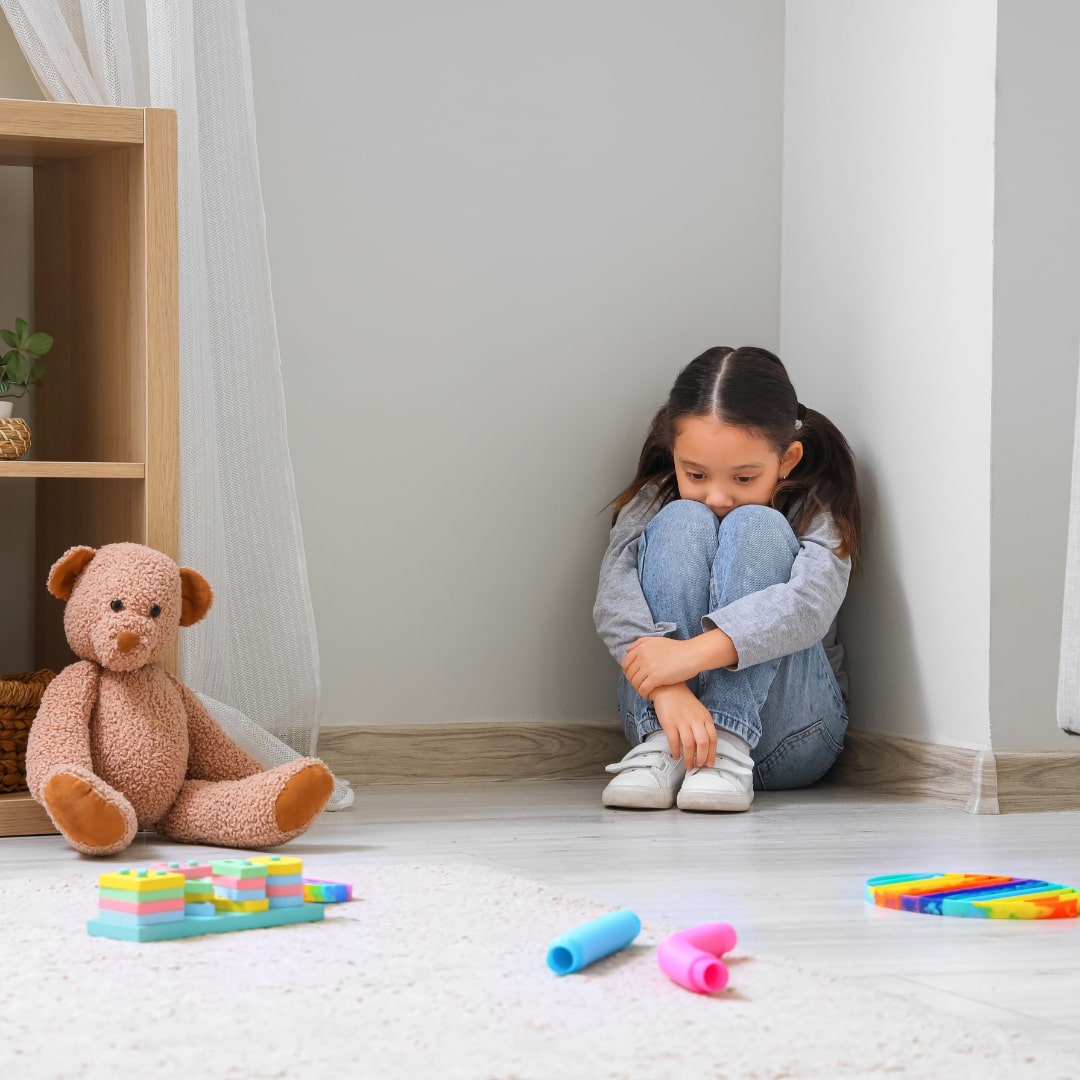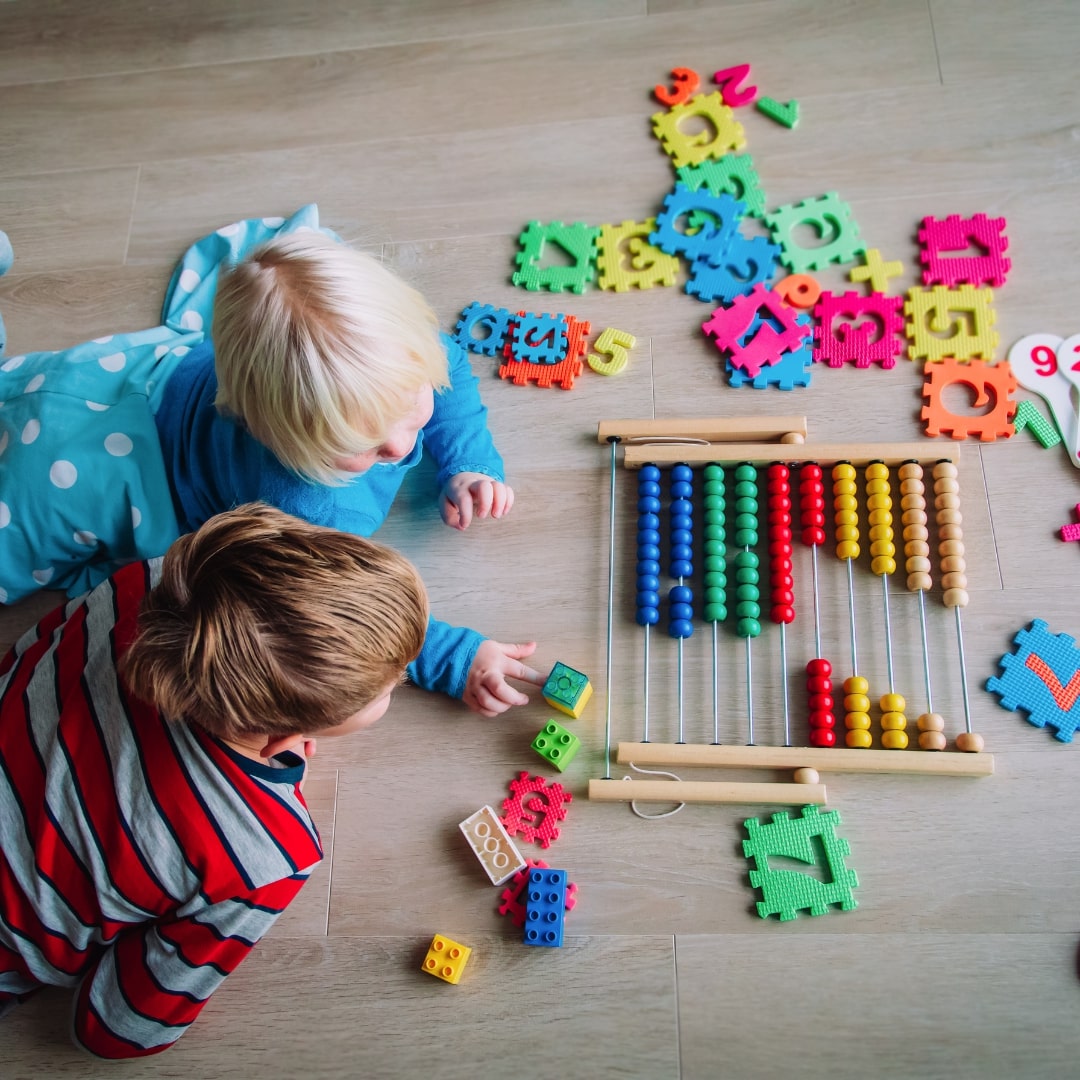Play Coaching for Parents
Play is a powerful tool for learning, emotional development, and connection. Our Play Coaching for Parents program helps caregivers harness the benefits of play to support their child’s social, emotional, and cognitive growth. Through evidence-based strategies and hands-on techniques, we guide parents in using play as a means of communication, behavior support, and bonding.
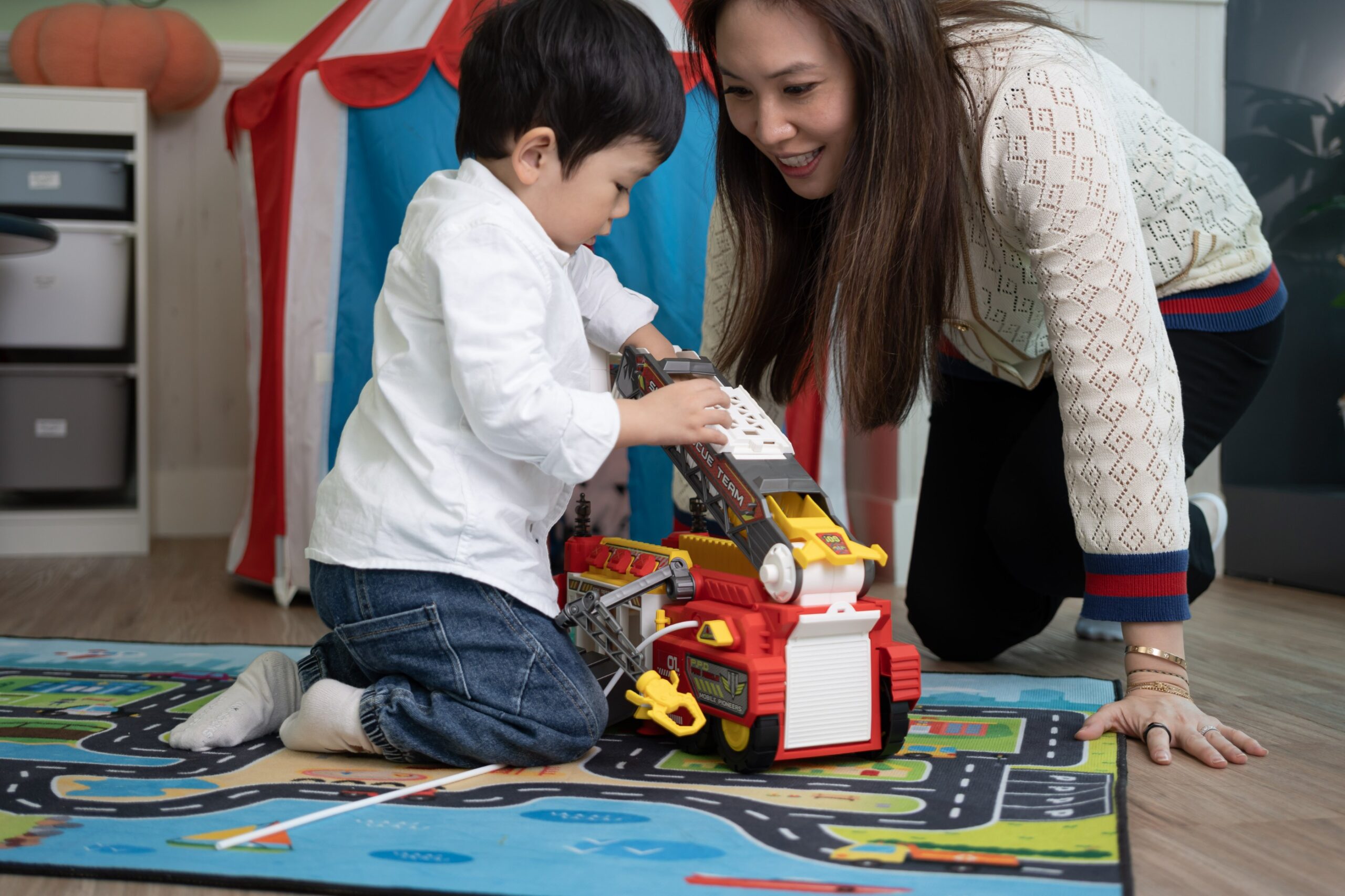
Areas of focus
-

Play as a Learning Tool
Helping parents understand how to use play to develop problem-solving, creativity, and communication skills.
-
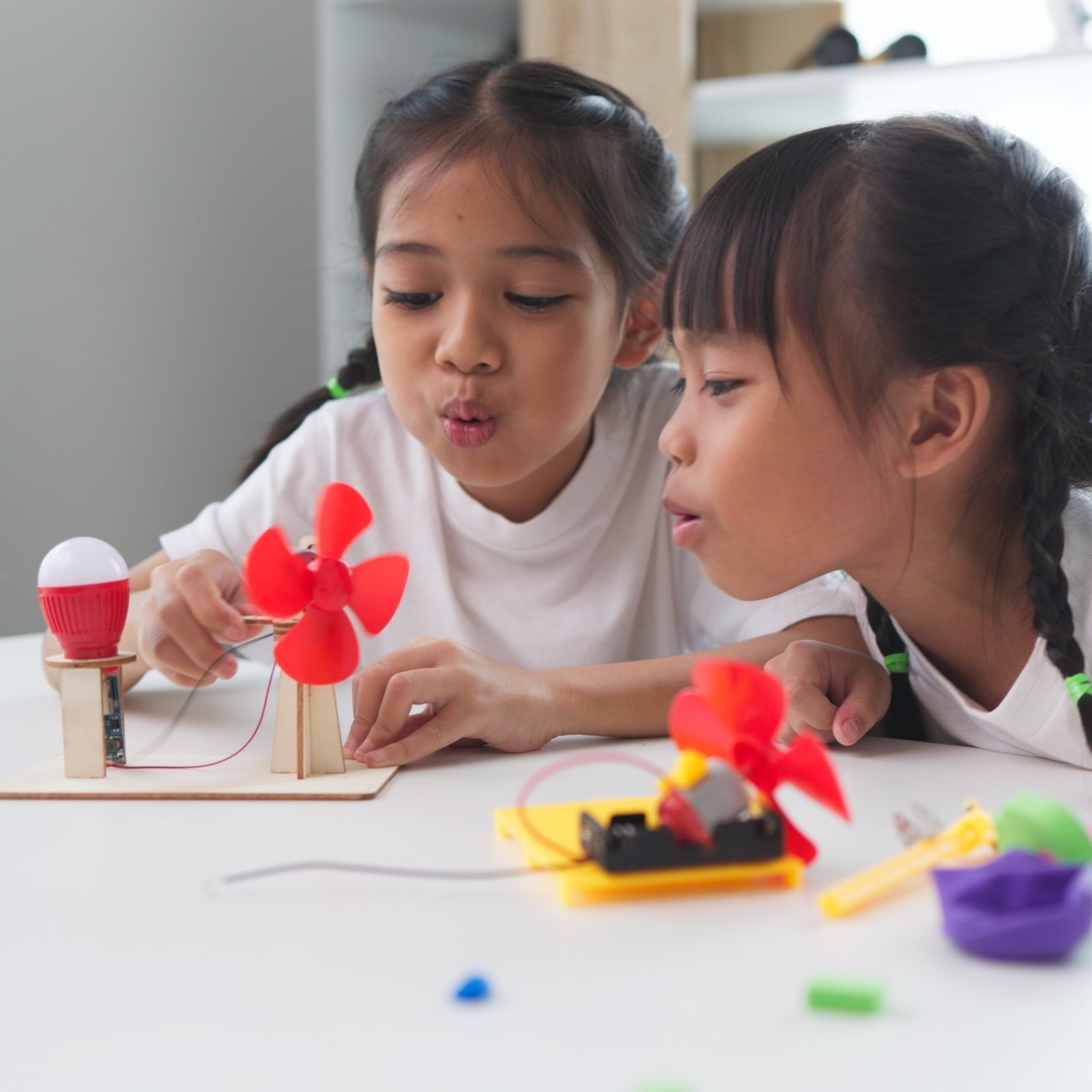
Social Play & Peer Interaction
Teaching parents how to support turn-taking, cooperation, and positive social engagement through play.
-

Emotional Expression Through Play
Using play-based strategies to help children express feelings, manage anxiety, and develop emotional intelligence.”
-

Sensory & Motor Play
Guiding parents on using sensory play activities to help children with self-regulation, motor skills, and attention.
-

Behavior & Play
Supporting parents in reinforcing positive behaviors, reducing meltdowns, and promoting cooperation through structured and free play.
-

Strengthening Parent-Child Bonds
Enhancing family connections through engaging, meaningful, and interactive play experiences.
-
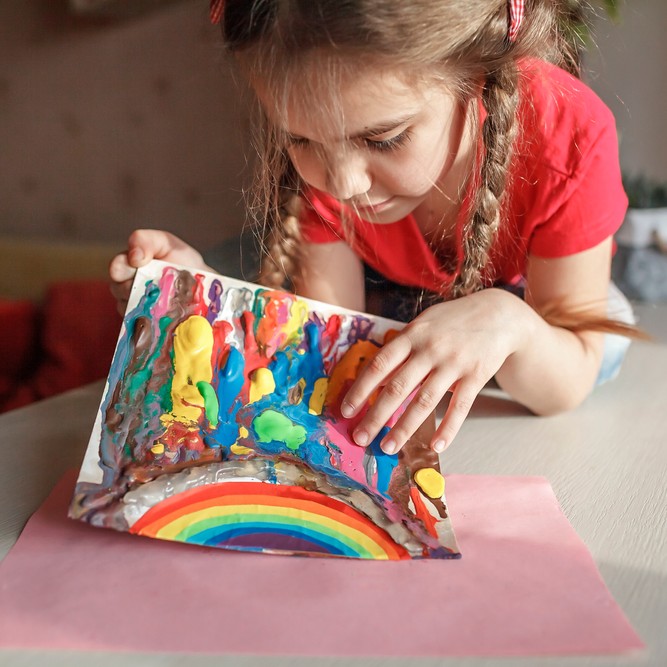
Play for SEN children
Providing tailored play-based interventions for children with Autism, ADHD, sensory processing differences, and other learning needs.
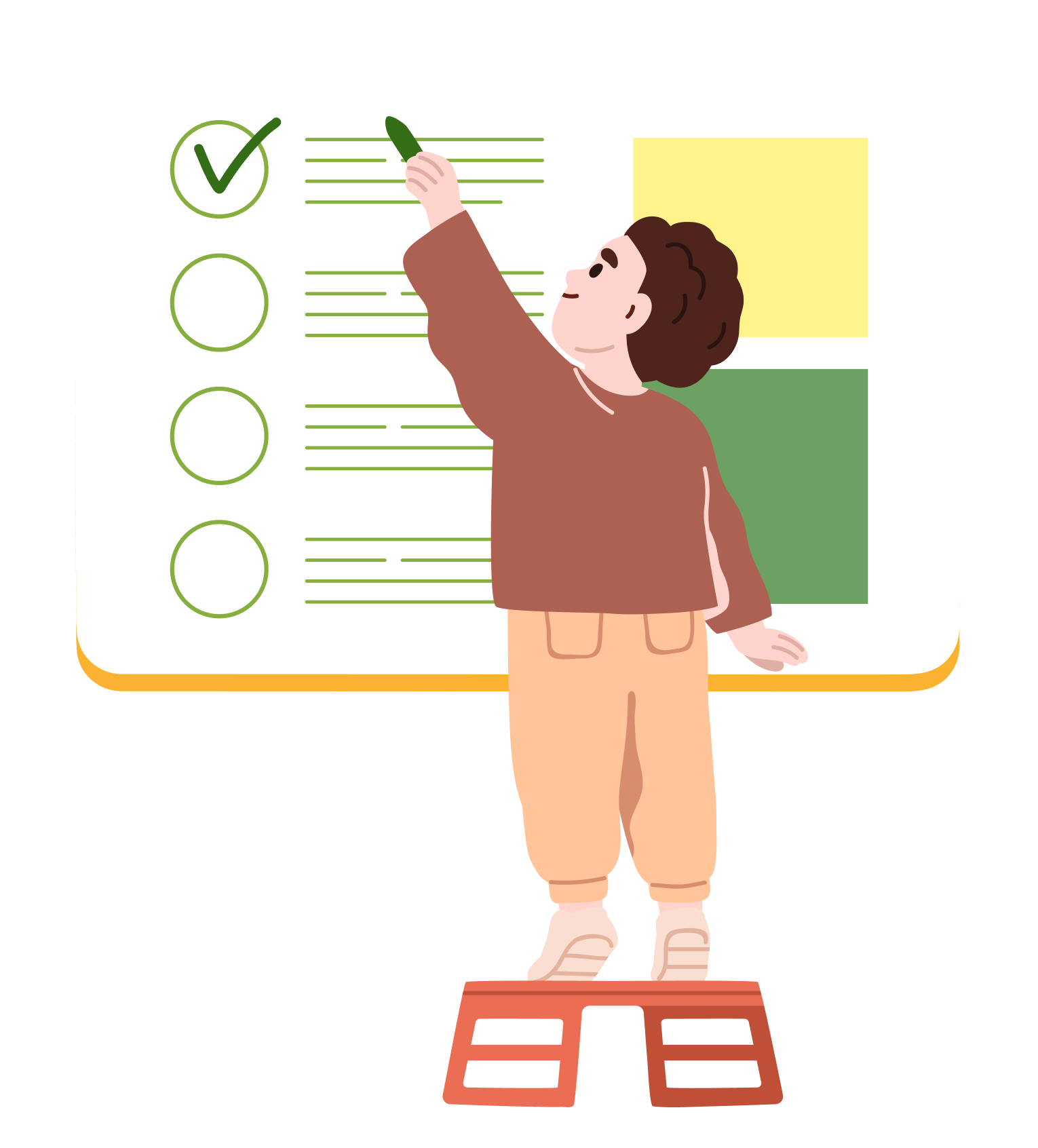
Play Coaching Strategies
Using Play to Improve Communication
How can play strengthen your child’s ability to express thoughts and feelings?
Encouraging Independent Play
What strategies can help your child play independently while still learning and growing?
Guiding Social Play & Peer Interaction
How can you use play to teach sharing, turn-taking, and cooperation?
Using Play to Support Emotional Regulation
How can role-playing and storytelling help children navigate emotions?
Choosing Developmentally Appropriate Play Activities
What types of play best support your child’s current stage of growth?
Managing Screen Time & Encouraging Active Play
How can parents balance digital play with physical and imaginative activities?

Coaching Approach
Session format
Individual
For parents of children of all ages
A collaborative, hands-on approach designed to empower parents with practical play strategies that fit their child’s unique needs.
Common approach
- Personalized play techniques tailored to your child’s developmental stage.
- Practical strategies that can be applied immediately at home.
- Guidance on structuring playtime for learning, socialization, and emotional expression.
- Ongoing support through feedback and follow-ups.
Our Specialists
-
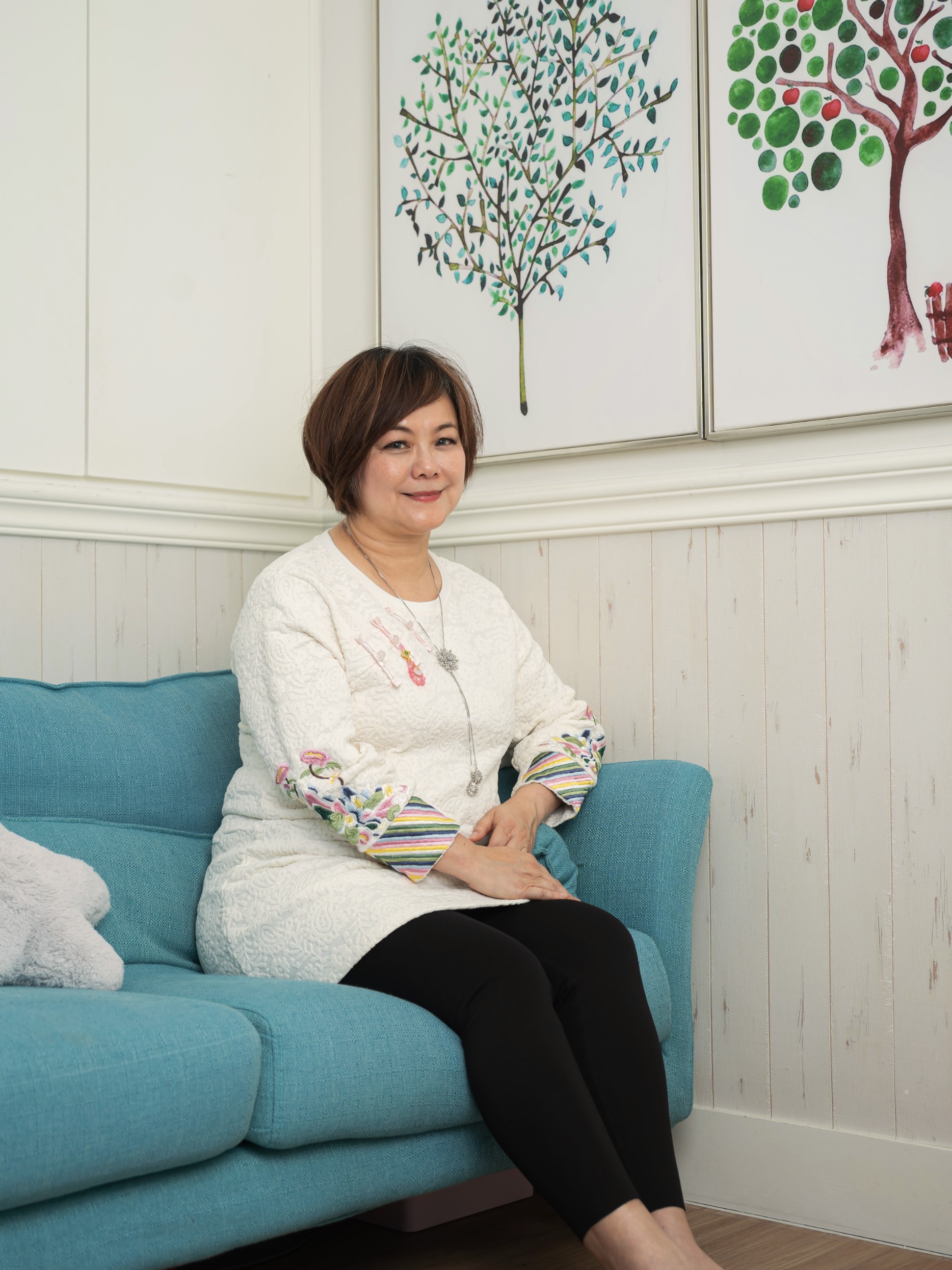
Dr. Minna Chau
Founder & Clinical Psychologist
-
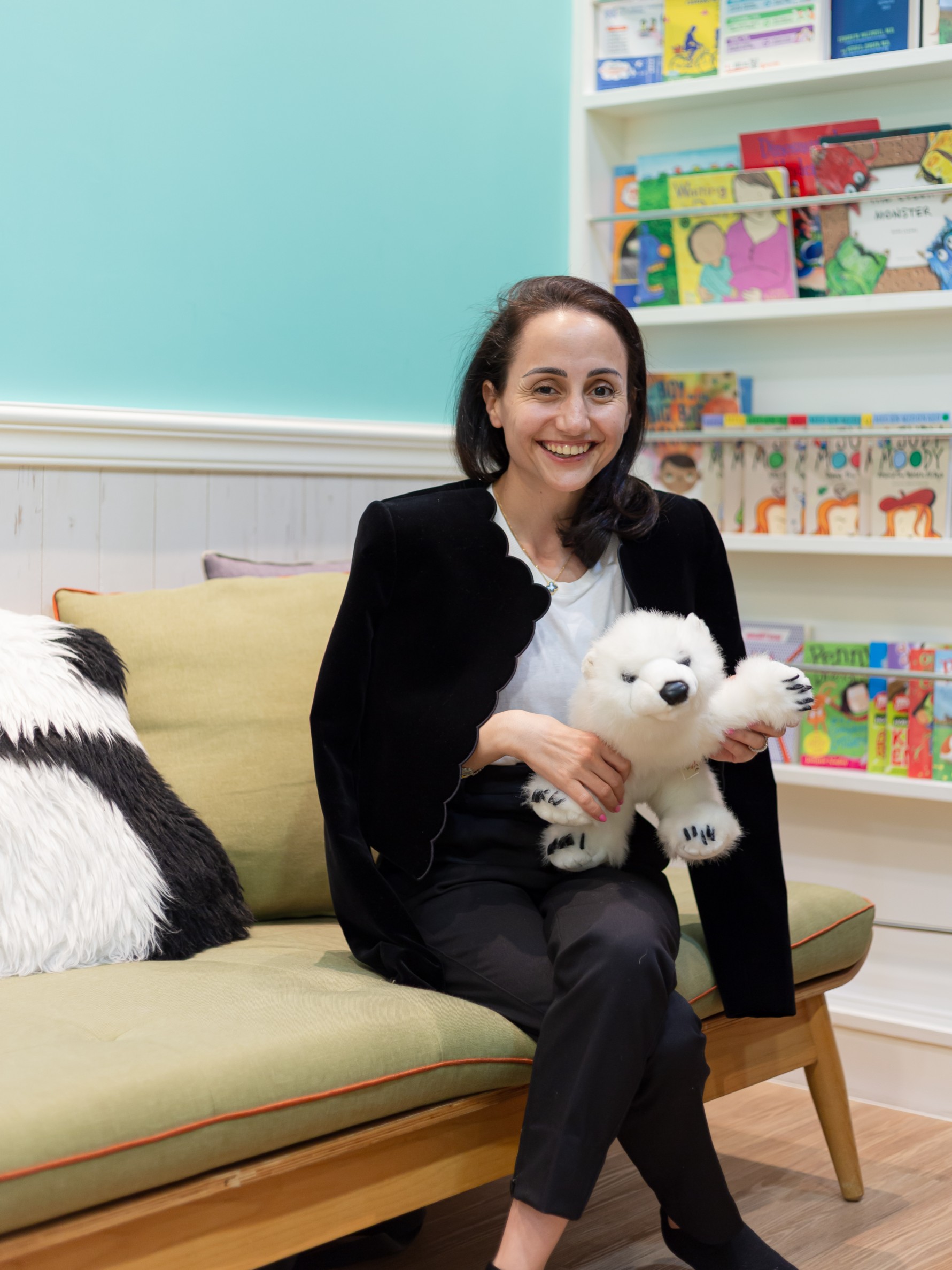
Dr. Cherie Bera
Clinical Psychologist, PsyD
-

Dr. Olivia Hwang
Clinical Psychologist and Play Therapist
-

Liao Min
Head of ABA team & Senior Behavioral Therapist
Therapy scenarios
Service Fee
Play Coaching
| Therapists | 60 mins | 90 mins | 120 mins |
|---|---|---|---|
| Counsellor, Arts Therapist | HK$1,800 | ||
| Senior Counsellor | HK$2,000 | ||
| Educational Psychologist or Clinical Psychologist | HK$2,200 | ||
| Senior Doctoral-level Accredited Clinical Psychologist | HK$2,800 | ||
| BCBA Therapist | HK$1,500 | HK$2,250 | HK$3,000 |
Frequently Asked Questions
Who is Play Coaching for?
Play Coaching is ideal for parents of toddlers, preschoolers, and young children who want to:
- Use play to foster emotional resilience
- Help their child navigate social interactions
- Encourage independent and structured play
- Strengthen the parent-child bond through engaging activities
- Support children with ADHD, Autism, or learning differences
My child struggles with independent play. Can Play Coaching help?
Yes! Many children struggle with initiating and sustaining play. Our coaching helps parents introduce structured play strategies, routines, and activities that encourage independent and meaningful play experiences.
Will Play Coaching help with my child’s emotional regulation?
Absolutely. Play is a natural way for children to express feelings and process emotions. Play Coaching teaches parents how to use pretend play, sensory play, and role-playing activities to help children manage frustration, anxiety, and big emotions in a safe, supportive way.
Is Play Coaching only for children with special needs?
No! While Play Coaching is highly beneficial for children with Autism, ADHD, or sensory processing challenges, it is also valuable for any child who needs support with social interactions, emotional regulation, or creative play engagement.
Will my child attend the sessions with me?
Play Coaching is primarily for parents, but some sessions may include interactive parent-child play activities to demonstrate techniques. Parents receive personalized strategies to apply at home.


